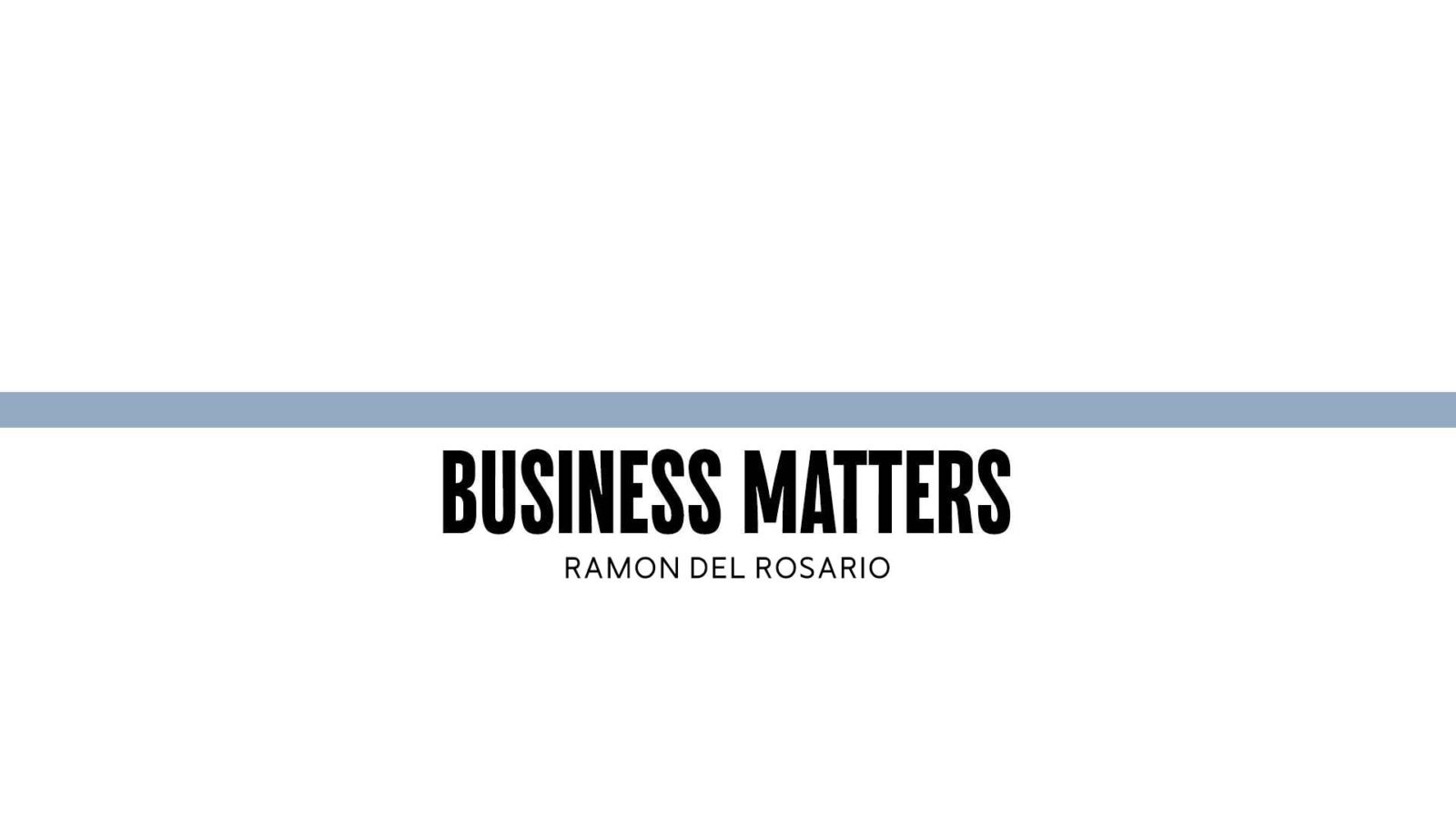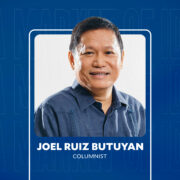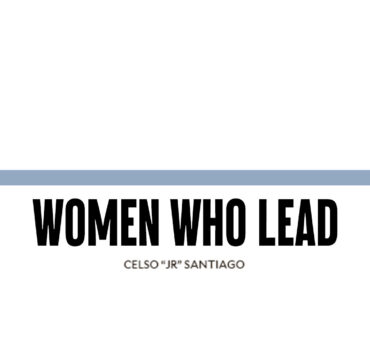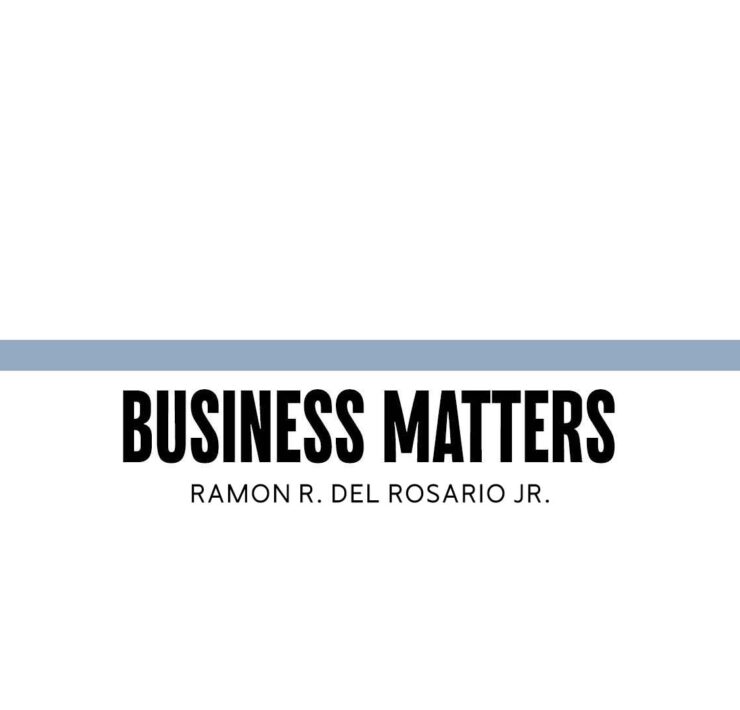Our voices mattered—but more to be done

The 2025 midterm elections in the Philippines may well be remembered not just for the winners they produced, but for the quiet, powerful wave of change that swept through polling precincts across the country. This is wave-powered by young, well-educated voters who showed up, spoke up, and reshaped the narrative of Philippine democracy.
Last March 6, 2025, I wrote the article “Each Effort Counts, Each Voice Matters.” It was my attempt to advocate for candidates who best represent the kind of leaders we need at this time. Though the odds were stacked against them, I am delighted that the results turned out in their favor. Even more encouraging is that this victory can, in part, be attributed to our young people.
Across social media platforms, university forums, and community initiatives, young Filipinos demonstrated a striking level of political engagement. Their participation was not limited to casting votes; many were deeply involved in scrutinizing candidates’ track records, attending debates, organizing voter education campaigns, and actively advocating for causes that resonate with a new generation. Transparency, accountability, climate action, digital governance, education reform, and inclusive growth finally became front and center of the discourse.
This active involvement of the youth offers fresh hope for a political future anchored in informed choice and principled leadership. More than ever, the 2025 elections showed that when given access to credible information, safe spaces for dialogue, and encouragement to participate, young voters can be powerful agents of positive change.
But the work doesn’t end here. If we are to build on the momentum of 2025 and hope for even better outcomes in 2028, we as citizens, educators, parents, advocates, and leaders must act with purpose. We must do everything we can to encourage today’s young voters to remain engaged and help prepare the next wave of first-time voters who will come of age over the next three years.
One of the most strategic and sustainable places to do this work is in our schools.
From high schools to universities, our educational institutions are natural incubators of democratic values. Civics education must be revitalized, not as dry textbook content or a subject taken for granted, but as a vibrant, practical experience of active citizenship. Schools can host student-led forums on pressing national issues, simulate elections to teach electoral processes, encourage critical thinking about media and political messaging, and create safe, respectful spaces for civic discourse.
We need to see student government organizations not just as extracurriculars, but as formative arenas for learning leadership, accountability, and service. Partnerships between schools and civil society can offer workshops on media literacy, ethics in governance, and grassroots organizing. Even creative projects like documentary filmmaking, community storytelling, and campus journalism can deepen young people’s understanding of social and political realities.
Teachers, meanwhile, play a critical role in nurturing curiosity, empathy, and ethical reasoning which are essential traits for discerning voters. By embedding civic engagement into academic life, we help students see that politics is not something distant or dirty, but deeply connected to the lives they lead and the futures they envision.
Parents, too, have a role to play by listening to their children’s perspectives, encouraging critical thinking at home, and modeling democratic values in everyday life. Youth formation is not just an educational challenge; it is a collective responsibility.
We must also acknowledge that not all young Filipinos enjoy equal access to quality education or platforms for civic engagement. That is why it is crucial for both government and private institutions to support inclusive education reforms, community-based initiatives, and digital infrastructure that ensure young people, whether in urban centers or remote areas, have the tools to participate fully and fairly.
The 2025 elections were a turning point, not an endpoint. They proved that hope is not naive when it is informed and organized. Now, the challenge is to keep the fire alive to accompany the youth who showed up this year and to light the path for those preparing to take their turn at the ballot box in 2028.
Democracy, after all, is a habit, one that is best taught early, practiced often, and shared across generations.
Let us invest in that habit, starting today.
—————-
Ramon del Rosario is former chair and current trustee of the Makati Business Club. He also co-chairs the Phinma-DLSU Center for Business and Society, which advocates for business as a force for good together with the broader business and academe communities.
—————-
Business Matters is a project of Makati Business Club





















